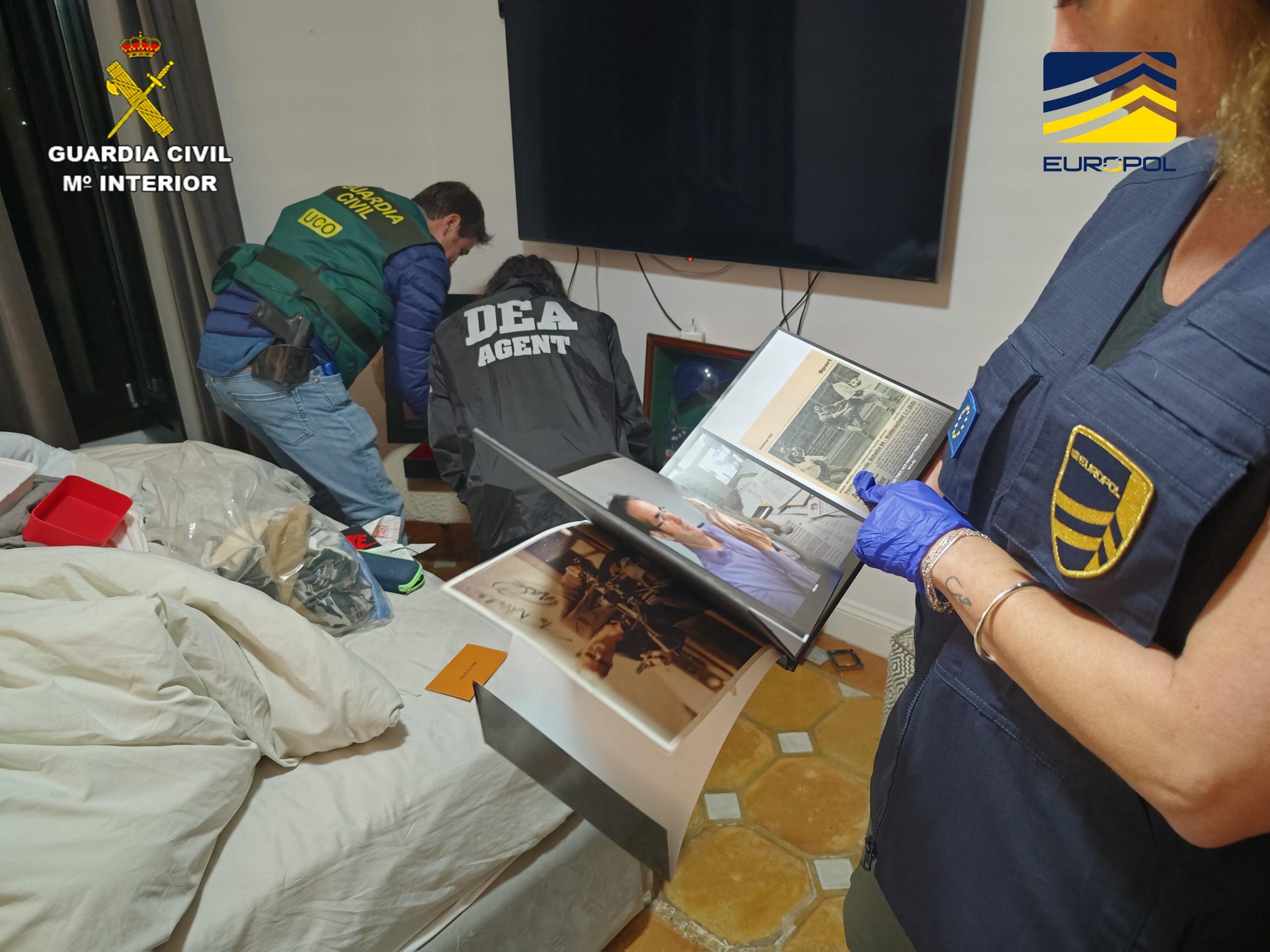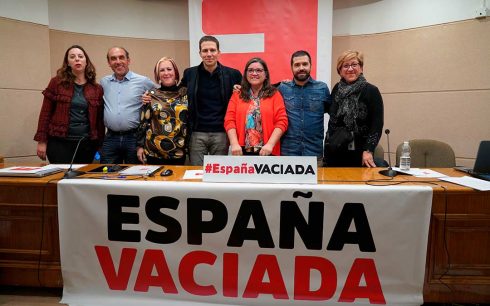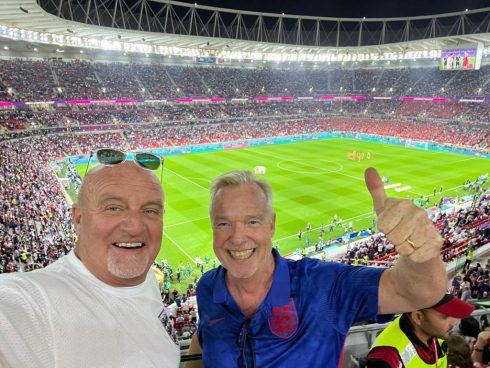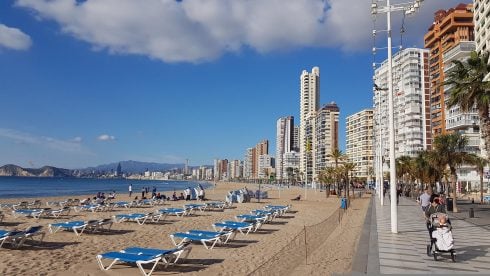Spanish police have played a key part in an enormous operation to smash a continent-spanning ‘super cartel’ thought to be responsible for the import of a third of the cocaine into Europe.
The financial ‘nerve centre’ of the operation was centred around the Costa del Sol, where a police raid bagged the head of the group’s €24million money laundering operation.
Further raids in Barcelona and Madrid saw another ‘high-value target’ arrested, a Bulgarian, along with another Bulgarian and three Spanish citizens – including a worker at the Port of Barcelona – who collectively oversaw the unloading of cocaine into Spanish ports.
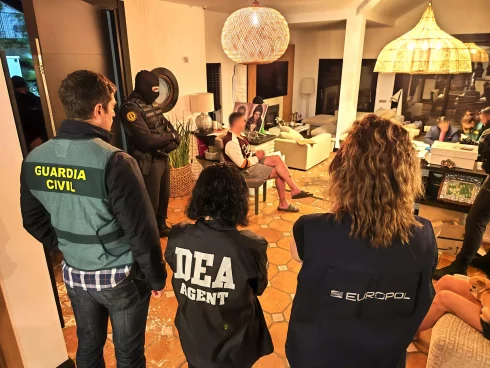
In total, officers from the Guardia Civil’s anti-narcotics team UCO (Central Operative Unit) kicked down the doors of 21 homes and businesses on November 8 and made 15 arrests.
The raids netted €500,000 in cash, three loaded guns and a fleet of luxury cars, some worth almost €300,000.
The raids were part of a multinational police operation across six countries that saw 49 people arrested and a massive 30 tonnes of cocaine confiscated, Europol announced.
Among the arrested were seven ‘drug lord kingpins’ – or ‘drugpins’ – who had joined forces to create a ‘super cartel’, which they orchestrated from Dubai.
‘The drugpins considered as high-value targets by Europol had come together to form what was known as a ‘super cartel’ which controlled around one third of the cocaine trade in Europe,’ the EU’s law enforcement agency Europol said.
‘The scale of cocaine importation into Europe under the suspects’ control and command was massive and over 30 tonnes of drugs were seized by law enforcement over the course of the investigations.’
‘One of the Dutch suspects is an extremely big fish,’ a Europol source told the AFP on condition of anonymity.
Dubbed ‘Operation Faukas’ in Spain, it began in 2019 when a container in the Port of Valencia was seized carrying nearly 700kg of cocaine – but not a soul was arrested at the time.
However, the bust gave rise to a sprawling investigation between a number of police agencies across Europe spanning three years that ultimately became Europol’s Operation Desert Light.
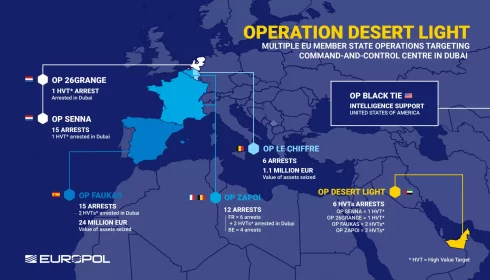
Investigations revealed a network of drug traffickers bringing containers of cocaine into the major ports of Europe, including the ports of Barcelona, ??Valencia and Algeciras.
The criminal group then laundered the proceeds through a complex network of real estate investment companies in the Costa del Sol, investing in high-end real estate around the Marbella area.
Meanwhile, the origins of the coke was traced to a man in Panama, who oversaw shipments to Europe from the Port of Manzanillo. He was among the ‘high-value targets’ arrested in Dubai.
Guardia Civil said that they had identified the overall boss of the entire ‘super cartel’ – a British national – among the kingpins arrested in Dubai, whose name has not yet been released at the time of writing.
He had initially been based in the Costa del Sol, but was forced to flee not due to police work, but because of kidnap attempts made against him by rival cartels.
He relocated to Dubai, where he connected with his fellow bosses and continued to run the empire.
Similar operations took place in the Netherlands, France, Belgium and Dubai, where this ‘macro’ criminal organisation had established bases near Europe’s key maritime ports.
A Spanish Civil Guard spokesman said: ‘From Dubai the leaders of this mega cartel controlled and directed the criminal activities of the different cells with the conviction that they were living in a sanctuary where they felt untouchable.’
They continued: ‘With this international effort by all the agencies involved, a firm message is being sent to criminal organisations, in the sense that no place is safe for those who try to avoid justice.’

